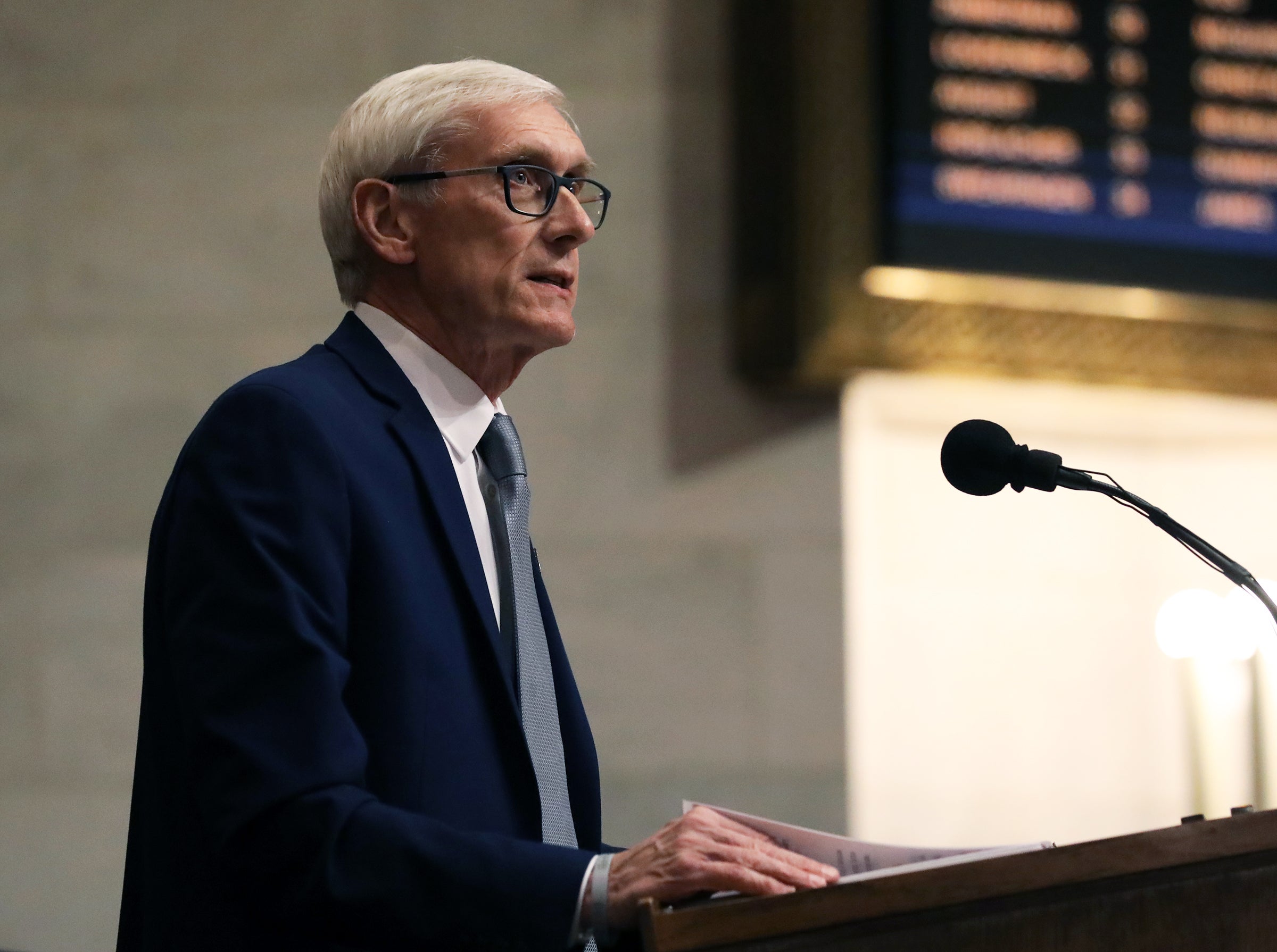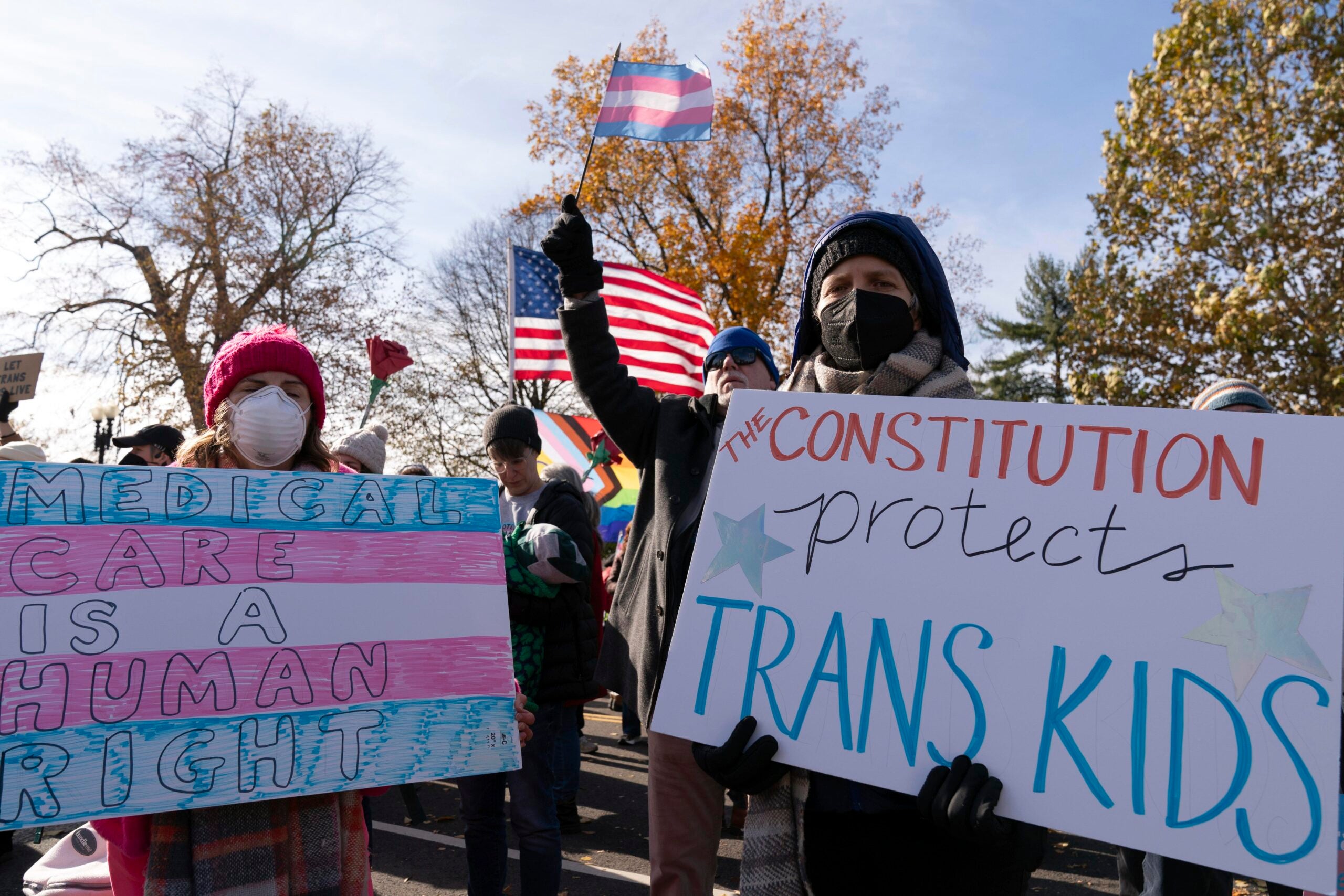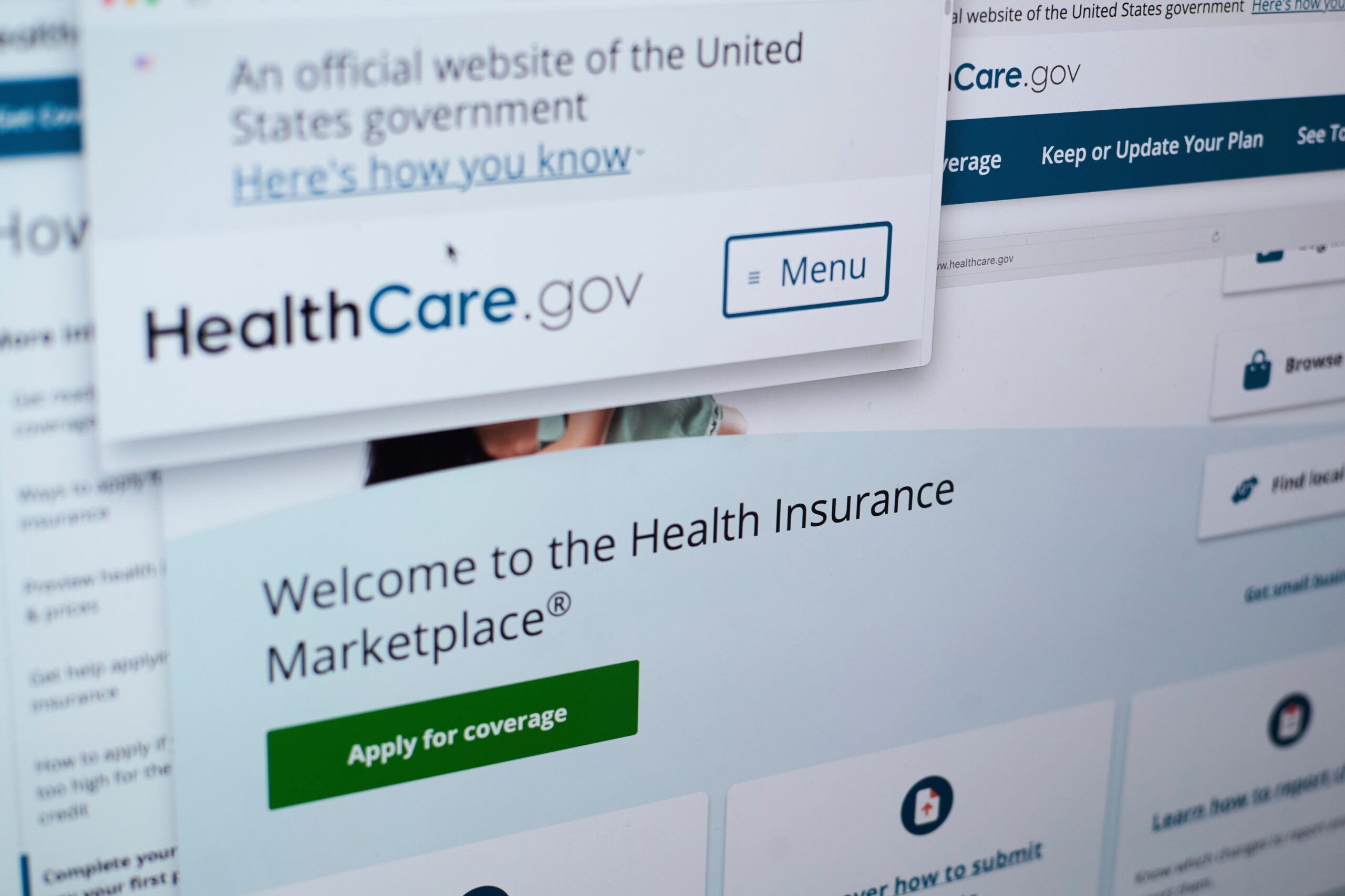Gov. Tony Evers will propose hundreds of millions in additional funding for Wisconsin’s struggling child care and long-term care industries in his state budget.
Those industries have faced challenges, including worker shortages, for years and have been under increased stress during the COVID-19 pandemic. In a prepared statement, Evers said the proposed investments are, “as much a moral issue as it is an economic one.”
“This pandemic has laid bare lack of access and affordability in the systems we use to support the people we care about,” the governor said. “We have to do more to make sure families have quality, affordable child care, that we’re strengthening our caregiving workforce, and investing in long-term care. These areas will be critical to our state’s economic comeback.”
News with a little more humanity
WPR’s “Wisconsin Today” newsletter keeps you connected to the state you love without feeling overwhelmed. No paywall. No agenda. No corporate filter.
The proposals will be included in the governor’s two-year state spending plan, which he will formally introduce to the Legislature in his state budget address next week.
Evers’ child care plan would create several grant programs for providers across the state. Those grants would focus on supporting infant and toddler day cares, helping increase day care staff’s benefits and wages, and creating pilot programs in so-called “child care deserts,” where care is hard to find.
According to a report released last year by the state Office of Rural Prosperity, more than half of Wisconsin’s population lives in a child care desert.
“Virtually every town, county and city reports a shortage of slots and long waiting lists,” the report states.
During the COVID-19 pandemic, child care providers across the state received millions in federal pandemic aid. Even ahead of the pandemic, many providers operated on “razor-thin margins,” the head of the state Department of Children and Families said last year.
Overall, the governor’s plan would represent a roughly $100 million state spending increase for child care programs over the last two-year state budget.
Other parts of the proposal would:
- Provide roughly $3 million in funding for “early childhood social emotional training and technical assistance.”
- Expand the 53206 Early Care and Education Initiative, a pilot grant program that supports child care facilities in Milwaukee.
- Allow individuals to use Family and Medical Leave Act (FMLA) leave when their child care provider is closed.
Evers’ plan for nursing homes, long-term care facilities and family caregivers would cost roughly $600 million.
The wide-ranging proposal would increase state reimbursement rates for nursing homes and create programs that provide training for workers.
A survey released last year by a number of health care groups found nearly 1 in 4 employment vacancies for long-term care facility workers went unfilled in Wisconsin.
The governor’s plan would also incorporate a dozen policy recommendations from the Governor’s Task Force on Caregiving, which was created in 2019 to find ways to bolster the workforce.
Other parts of the plan are aimed at supporting family caregivers. Those proposals would create a $500 tax credit for family caregivers’ expenses and allow family caregivers to use state medical leave.
The governor would also:
- Expand funding for Aging and Disability Resource Centers.
- Allow workers to disregard a portion of their income related to caregiving without losing eligibility to the Wisconsin Shares child care subsidy program.
- Create a pilot of a software platform that connects providers with those seeking services.
When Evers introduces his entire two-year state budget proposal next week, it will formally kick off the state budget negotiation process.
All of his proposals will need the approval of the Republican-controlled state Legislature to become law.
Wisconsin Public Radio, © Copyright 2025, Board of Regents of the University of Wisconsin System and Wisconsin Educational Communications Board.







